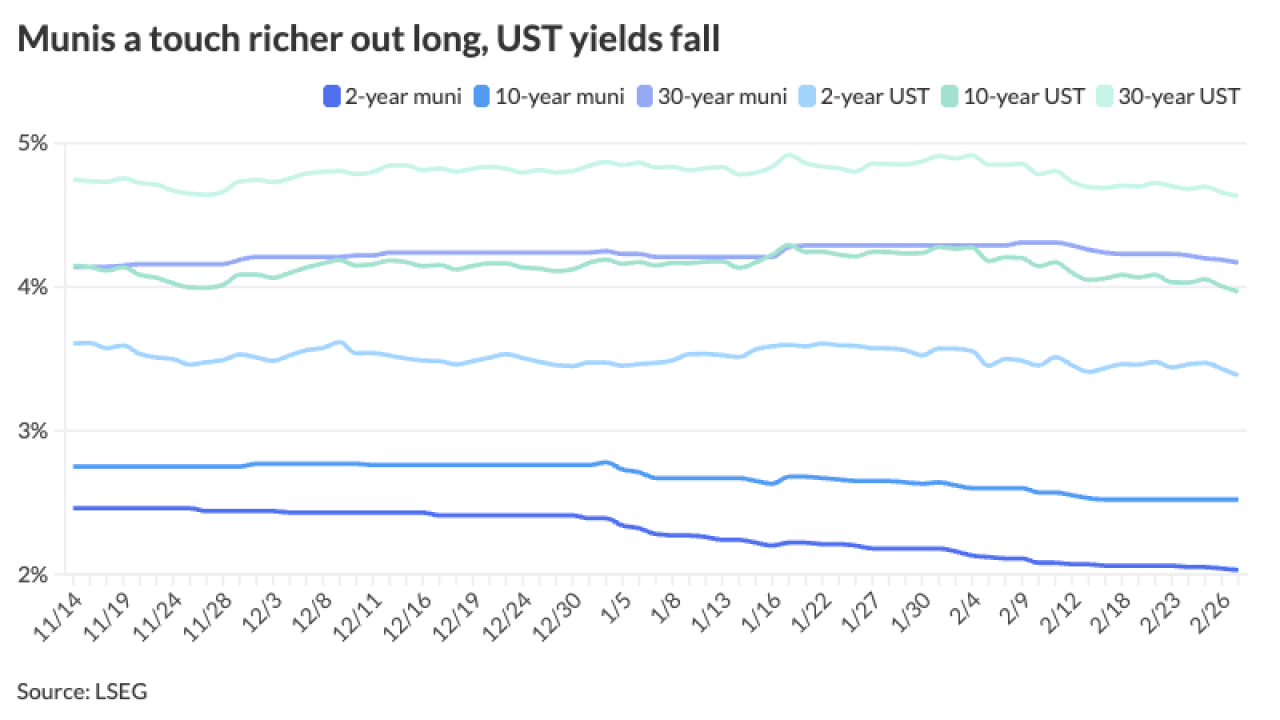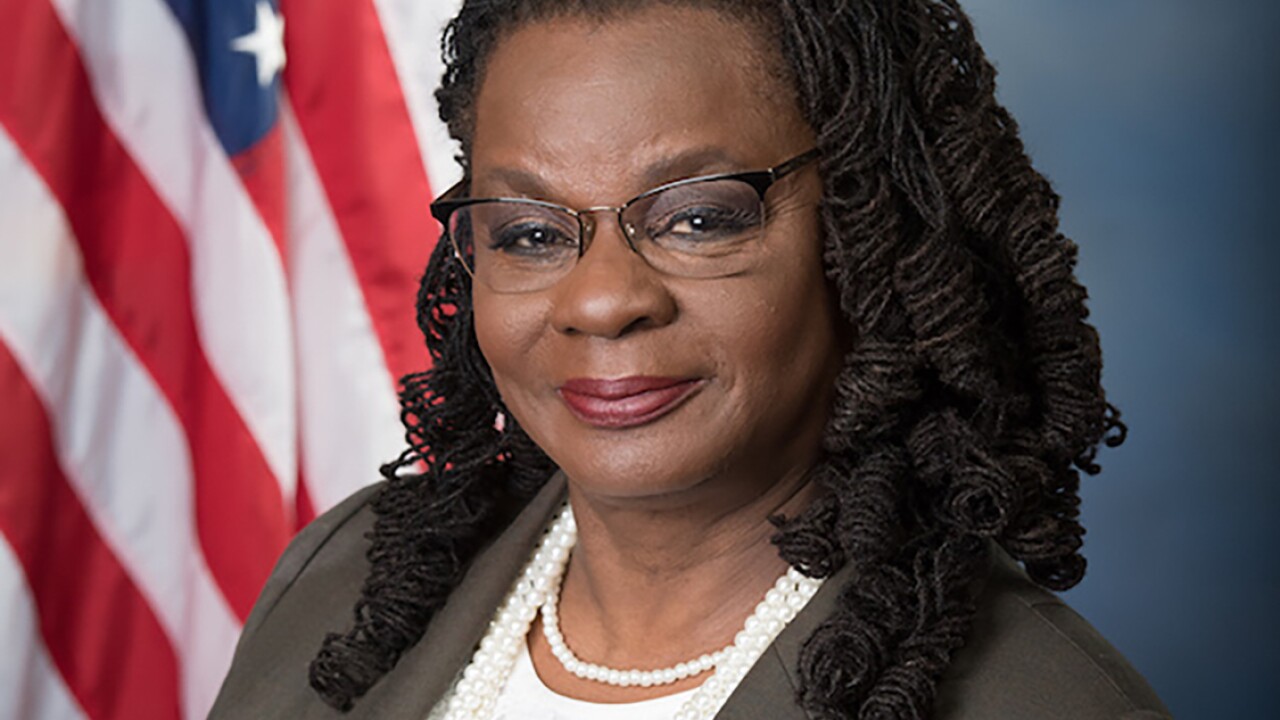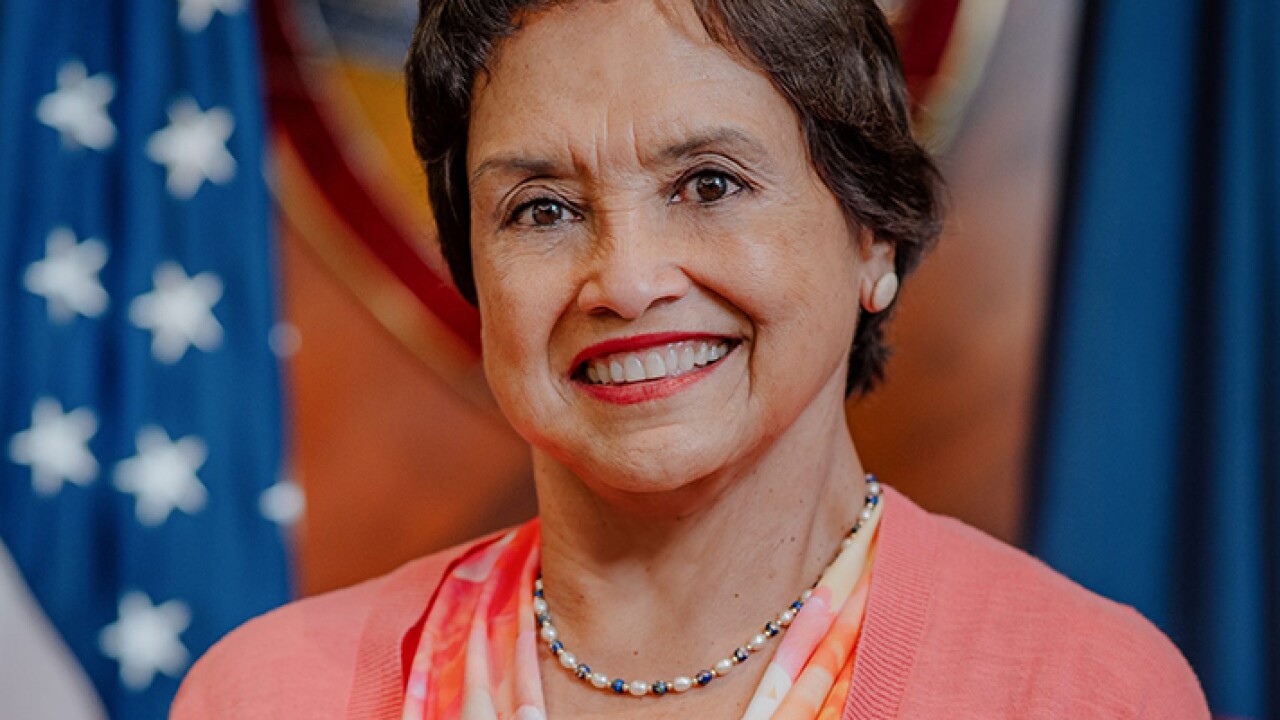The Massachusetts Bay Transportation Authority will now look for a new general manager after Daniel Grabauskas Friday stepped down from the post under pressure from the Gov. Deval Patrick administration.
The board voted five to three to pay Grabauskas $327,487 to settle the remaining nine months of his contract. Patrick and state Transportation Secretary Jim Aloisi have questioned the mass-transit system’s safety and fiscal operations and called for Grabauskas’ resignation. Many legislative leaders and MBTA board members continued to support him.
The authority’s general counsel, William Mitchell will now serve as interim general manager.
Aloisi also called for an evaluation of the MBTA’s finances and operations, with David D’Alessandro, a former chief executive officer at John Hancock, heading up the review.
Aloisi’s goal is to have the “top to bottom” review completed before Nov. 1, when the MBTA becomes part of a new authority, the Massachusetts Department of Transportation, according to spokesman Colin Durrant.
The MBTA is considering a 20% fare increase in December or January to raise additional revenue and will hold public hearings on the proposed fare hikes during the next few weeks.
The board also restored $160 million of expenditures in the MBTA’s fiscal 2010 budget as lawmakers last month approved a state operating budget that includes a $160 million allocation to the authority. The funds will come from increasing the sales tax to 6.25% from 5%. The MBTA’s fiscal advisory board now has 30 days to review the budget change and weigh in on it.
The authority is still evaluating a $150 million refinancing deal with Goldman, Sachs & Co. to switch variable-rate debt into fixed-rate mode and terminate a swap agreement attached to the floating-rate bonds.
A pricing date has not been set, said MBTA chief financial officer Jonathan Davis.





